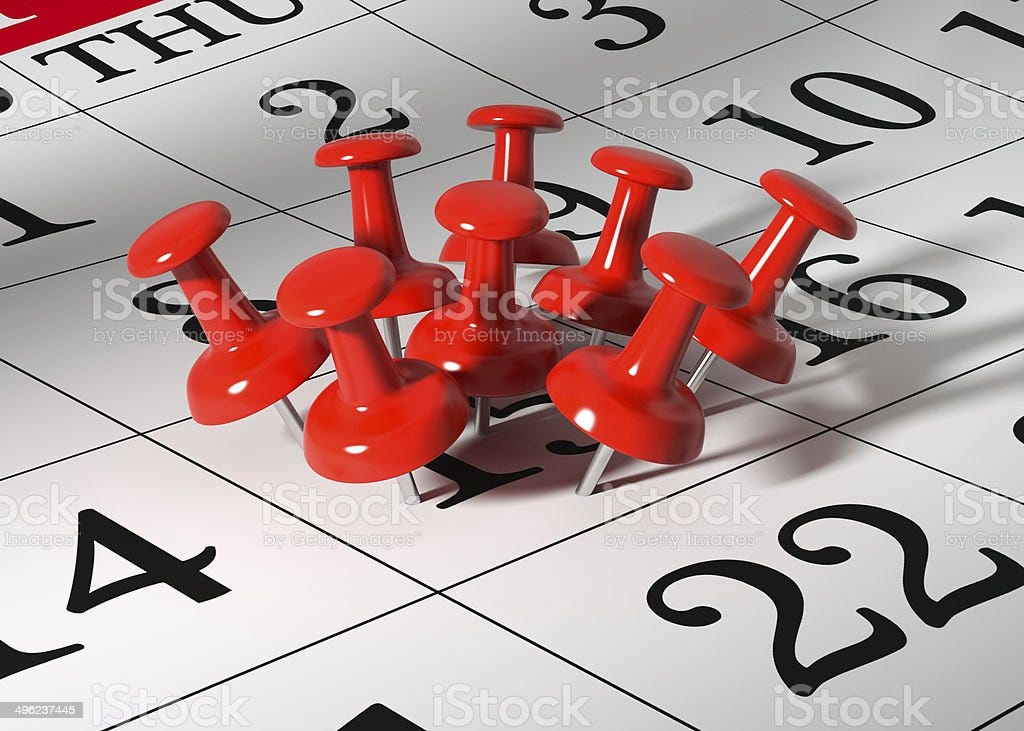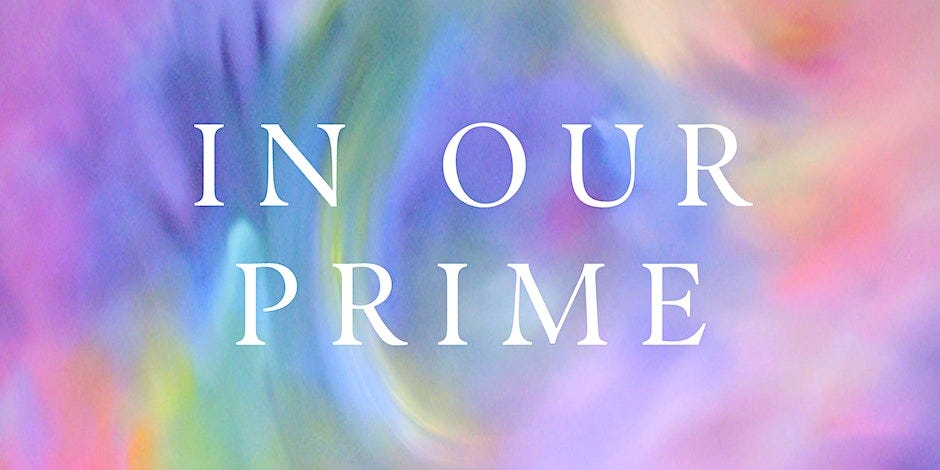Today’s post is in two parts. The most important part, at the bottom of this post, is the announcement of my next event. You can book for it now if you don’t want to scroll.
With East and South East Asian Heritage Month coming up in September, I thought I’d share some insights from my role as unofficial cheerleader in the UK ESEA community space. For five years I’ve been organising food-based activities and projects throughout the year, come rain or shine. I started because I wanted a reason to meet other folks like me, and what better way to do that than over a shared interest? In this time I have learned a lot about how to coordinate, coerce and cajole people into coming together - whether for shared meals, bake sales or fundraisers. Through a lot of hard work and soft skills - very underrated, might I add - I have built a small but loyal community who always shows up.
Since throwing myself into all things community-related, I’ve inevitably put my ethnic and cultural identity front and centre of what I do, as opposed to keeping it behind closed doors. Part of this is to do with my desire to connect with others who are on a similar journey to me; that of getting to know one’s own roots. But the challenge of this pivot is deciding what remains private, and what is up for public exhibition.
For people like me, who have a delineated public entity (i.e. Celestial Peach), it’s wise to write your own ‘rules’ to guide you when it comes to hard decision making. These rules should be dictated by your core values, which only you can decide. I list some principles on my About me section but even these are due for a review soon. Some examples of decisions I have seen other public figures / influencers struggle with:
Are non-ESEA people allowed to come to my event?
Is this brand collaboration right for me?
How much of my personal life do I share?
Should I / what should I be charging?
These are the kinds of questions that are not to be taken lightly, because it will shine a light on how you are perceived within the community.
Here’s a decision I did a u-turn on
For a few years I avoided organising anything during Lunar New Year, because it brought up a conflicting situation I will call ‘festive landgrab paradox’. Explained:
Lunar New Year is an important festival for those people who celebrate it. It’s like Chinese Christmas, Thanksgiving and half term rolled into one. Personally, I believe it should be a time for inward reflection and spending quality time with family and loved ones. This is of course at odds with the obscene commercialism that any festival brings out, with every organisation and tourism board jumping on the occasion to make you spend more £££ with them.
Something jarring happens around this time. In the name of multiculturalism and inclusion, there is suddenly a bright spotlight on ‘us’ (whoever is defined as us). It’s as if we are having our culture refracted back onto us, but through a greasy lens. We peer at the special end-of-the-world-food-aisle selection in the supermarket and think is that right? Is this what people think of when they see me? And if you happen to have some kind of public voice and operate at the forefront of minority culture, you might be lucky enough to attract interest from exogenous companies. They want to champion and highlight your work. Great! But not everyone does it with sensitivity or thoughtfulness. It’s always a goddamn list of 10 Chinese restaurants that they want, to go on their blog. And compensation is still a rare privilege; it’s always the nebulous ‘exposure’ that is offered in payment.
Finally, there is the social calendar overwhelm. There are events happening everyday, twice a day. It’s tempting to want to go to all the events, especially the ones our friends have worked hard to put together, but that’s something that only masochists can endure. And that’s why for a few years I opted out of public participation in Lunar New Year. I’ve confided in cohorts who share my anxiety, both at the pressure to take part and dread of the next racist or culturally insensitive incident that will inevitably derail us from enjoying our birthright to eat good food in peace. Can’t we just have this one thing, for ourselves?
I’ve seen similar reactions in the Black community when they navigate Black History Month. The main issue is thus: for most of the year, ESEA people, our heritage and cultures remain largely invisible to the mainstream. When the spotlight is turned on us, we are expected to enjoy celebrating as well as being celebrated. But this period can be fraught with the usual tensions of wanting to be represented the way we want to be, not to be reduced to a series of symbols and tropes. Moreover, for the cultural players among us - writers, artists, chefs etc. - most of our lucrative opportunities are all crammed into this two week window. And the over-saturation turns it into a competitive landscape. All the Chinese recipe writers scramble for that well-paid Sainsbury’s gig. But the reality is there can only be one. We’re lucky if the job isn’t given to a white guy.
That is the festive landgrab paradox.
This year, I ditched my ‘thou shalt keep Lunar New Year sacred’ rule. As a freelancer trying to earn money to balance out running free community events, I realised that this was one month of the year when non-ESEA people might actually take notice and pay me. There is also a new celebration in the form of ESEA Heritage Month in September, spearheaded by the self-driving powerhouse that is besea.n. It is a much welcome addition to the calendar of revolving annual observances for two overarching reasons: 1) it does not revolve around a festival that not everyone observes, and which has been commoditised and distorted by a mainstream narrative 2) it centres on the experiences and voices of anyone with ESEA heritage and how they wish to engage with it.
With two hefty events a year that garner UK mainstream attention (in addition to the other two landmark festivals Dragon Boat and Mid-Autumn), my year now looks like this, several times a year:
The September diary is filled with four speaking panels, baking for a charity brunch, cooking for a charity pop-up, a community tea party, volunteering for Mid-Autumn Festival and other miscellany of that thing called life. My takings from all of these events? If not for one corporate gig, a projected £350.
My friends, it turns out opting in to the festive landgrab paradox is not necessarily lucrative. What it is, is exhausting!
I shouldn’t whinge
I am sharing my learnings for others who find themselves in the same position. That in this world, perhaps it pays to be more cynical.
I think I painted myself into a corner by being a purist or a snob or both; by refusing to do ‘commercial’ things and then complaining that no one wants to pay me to do stuff I want to do. Perhaps I get a moral high from keeping my values as grassroots as possible, but it’s also because I am protective of the community centre, of the spaces I curate and of the people who come. Allow me to boast just a bit by saying that my events are attended by 99% Really Nice People because my events are designed to be about them and their needs. I prefer to run events out of ESEA-owned places that make my community feel at home, and feel seen. I always prioritise my supportive inner circle, but I still get DMs from randoms pestering me for invites to eat our food. They really should know my motto is come for the food, stay for the conversation and help with the dishes.
Did I write myself out of the landgrab? All the things that corporate entities would find ‘marketable’ about me - and thus, worth compensating - are big NOs in my book. I’ve seen other influencers create social media content talking about ‘doing it for the culture’ - an irksome phrase in itself - but all I see is an uncomfortable performance that sells short on one’s own authenticity. Somehow, culture, identity and marketing are now interlinked. One minute it’s TikTok recipes with sappy voiceovers about grandmothers, then it’s hypersexual noodle slurping, next it’s pushing the trauma buttons with a textbook call-to-action… is this culture, or is this musical theatre? [Insert your own IS THIS BUTTERFLY? meme]
It’s not just a festive landgrab paradox, it’s an identity landgrab paradox, but I will save that for a forthcoming book. My unease is that if you don’t perform from the pre-approved script, you’re not the right kind of Chinese/x/y/z cultural asset. Many times I’ve had feedback to make my projects easier to understand, more palatable. I refuse. I make it complicated.
A very special panel event
I don’t know about you, but I’m kinda tired of listening to Gen Zs and Millennials (me included) pretend they know anything. I’m bringing the Boomers back, baby!
This ESEA Heritage Month, I will be hosting a panel talk with three people I very much admire. It started from a place of wanting to widen my sphere of influence as I get older, by looking for role models in all directions. Part of this process has been to reach out to and befriend people who I consider to have rich and inspiring lived experiences.
So join me for an intimate conversation with artist Qu Leilei, writer Wiz Wharton and entrepreneur Bich Tyler. We will learn how each has built their own mental resilience to carve unconventional paths. I can’t wait to share their wisdom and anecdotes so that we together can question what it really means to be ‘in your prime’.
All ticket sales will be donated back to Hackney Chinese Community Services.






